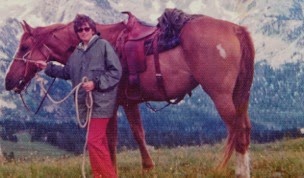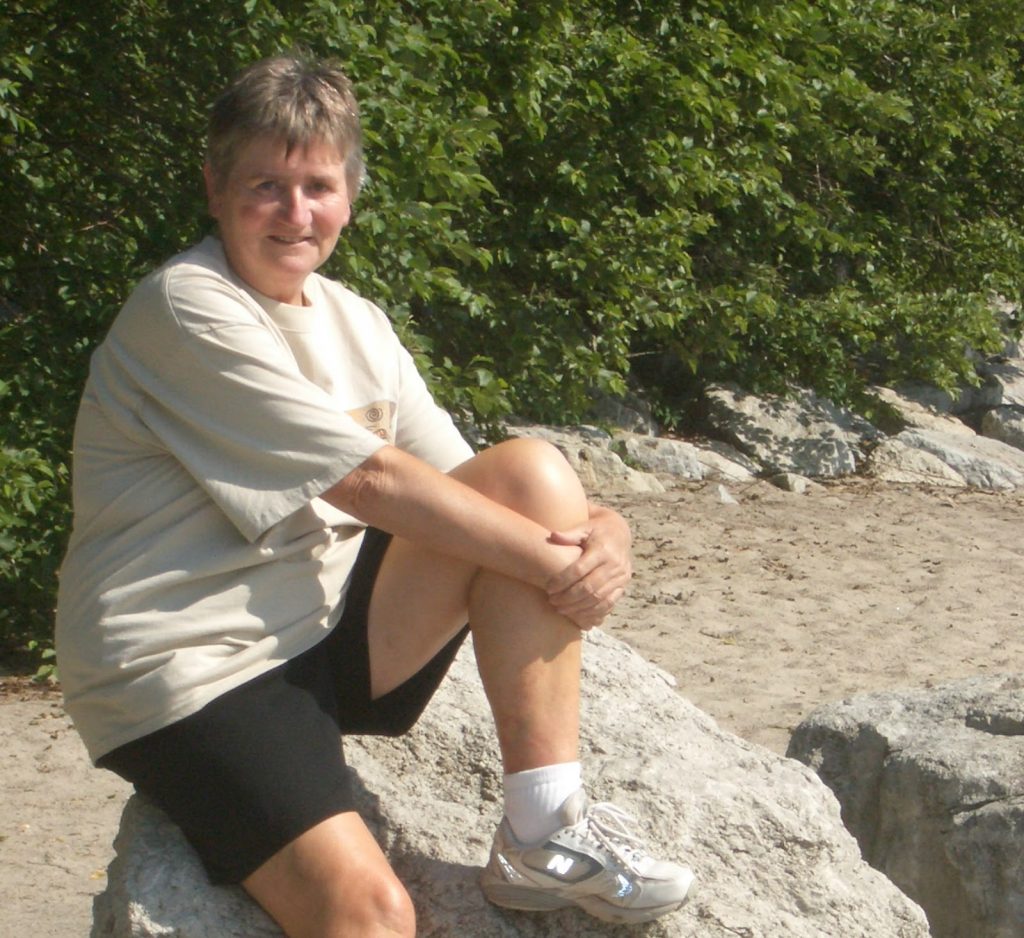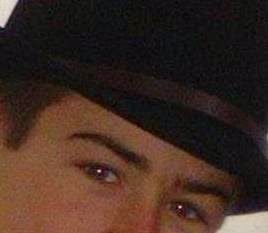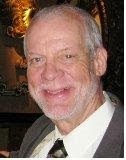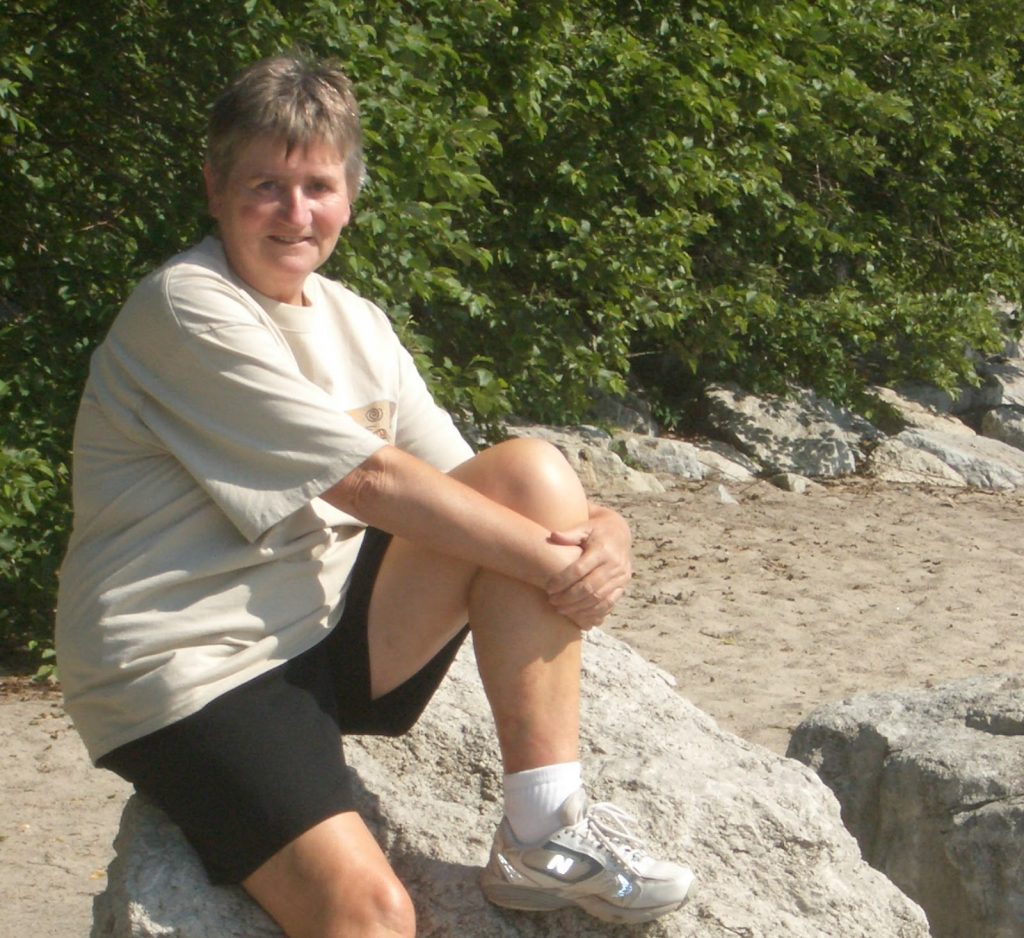What’s your sign? I’ve been asked, but probably missed what was happening either because I don’t interpret questions as come-ons or more probably because I feel aversion to any archaic system of interpreting human behavior. I readily admit to being prejudiced in this matter. I’m wary due to my inattention to emotional signs; I just don’t read people well. I’m also wary due to Christian teaching and scientific methodology, both of which in the forms I got them rejected the reading of stars as omens. Were I asked, “What’s your sign?” I’d either want to explore these ideas intellectually or judge the person asking me as someone I’d not want to become intimate with—but those are my problems. In admitting these things I really wonder if my prejudice serves simply as one more defense to protect me from predators.
Oh I can answer: for instance, if you are interested, I’m a Cancer, but it seems such a lame sign as if I’m the victim of a diagnosis. Then to add on to that there’s the image of being a crustaceous crab or someone who walks backwards or sideways when what I really am interested in from life is that it be enjoyable. I certainly don’t want to become someone’s dinner. The Zodiac sign just doesn’t stick with me at a superficial level. This moniker Cancer, this superficial analytical device approached superficially for superficial reasons doesn’t attract me in any way.
In general, I find the Zodiac about as interesting as I find the medieval meditations on the temperaments. For me they have their place in history. I recall my good friend Gerry McMillin being put off by a book on the Zodiac and the Gospels, a volume that a student and friend lent her. When she told me she probably would return it unread, I reminded her that astrology was the astronomy of the biblical eras. I elaborated that according to the Jewish historian Josephus, a contemporary of the earliest Christian period, the Zodiac had a major architectural presence in Herod’s temple. Furthermore I added that I do think it strange that if this phenomenon was no good as in evil, Satanic, or against God, why didn’t Jesus the prophet and subject of the Gospels rail against it? He did preach against the money exchanges in the same temple. My friend was then able to read the book and somewhat see its logic. Still, like her, I’m not much interested in the Zodiac or in casual discussions of its details.
Super-rationalist me doesn’t want the imposition of magical formulae for analysis of personality type or prediction of future or fate, or… whatever. I have always been more interested in modern analytical categories, but eventually I came to see that norms established in psychotherapeutic practice, in sociological inquiry, and even in education-related developmental schemes often are used against people rather than for them. They are thought to describe the perfect person against which one must be judged rather than simply averages of assessment. Such norms are conscripted for court use in civil and criminal proceedings by both prosecutors and defenders. They are used to demean cultures different than those based on Euro-American values. And the modern behavioral norms really haven’t changed all that much from their ancient counterparts—which means they are imbued or endowed or stink of the fear of the beyond, powers over which humans have no control, and so forth. So I laugh at being asked “What’s your sign?”
Oh, I’m polite, because really I don’t know what the asker is wanting: for example, does the interlocutor simply want conversation? Not bad in itself. Does the person want an answer to easily fit me into some convenient category? I will only disappoint. Does he or she want to know me for what I am? That’s going to take more than a conversation. Is the asker on some drug that makes the esoteric knowledge afforded by the Zodiac real? I’m not at all interested. Is my inquirerer a lay pop psychologist? Still not interested. Is this person a deep thinker trying to assess me in my approach to life? This will take a long time; we’ll need many meetings and carafes of coffee and probably some wine. You see, many possibilities make me both interested and wary.
What to answer? I could say:
“I’m a Cancer but probably not in the way you mean.” or
“I’m a Cancer but not all that moody.” or
“I’m a Cancer but an unpredictable cusper.” or
“I’m a Cancer but probably not what you’re looking for.”
Now, if with dark browns enhanced by natural eye shadow and a slight downturn shape at the lateral edges that crinkle when laughing, and should those eyes look longingly into my hazels and ask: “What’s your sign?” I’ll probably not have anything to say but may really get confused and confounded by the question and not worry over why it was asked. I’ll simply say, “Sure,” and pay the bar bill and say, “Let’s go.”
© Denver, 2013
Phillip Hoyle lives in Denver and spends his time writing, painting, and socializing. In general he keeps busy with groups of writers and artists. Following thirty-two years in church work and fifteen in a therapeutic massage practice, he now focuses on creating beauty. He volunteers at The Center leading the SAGE program “Telling Your Story.”
He also blogs at artandmorebyphilhoyle.blogspot.com


